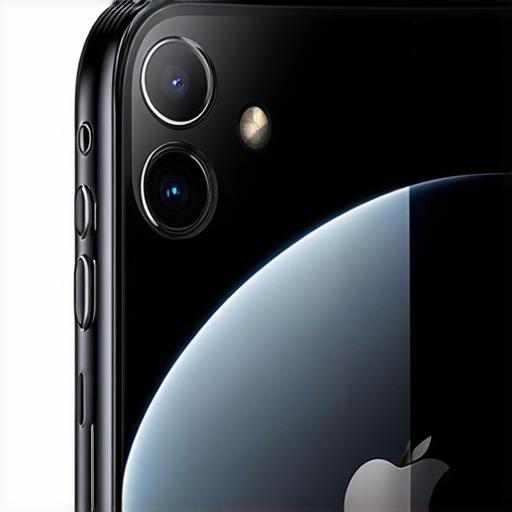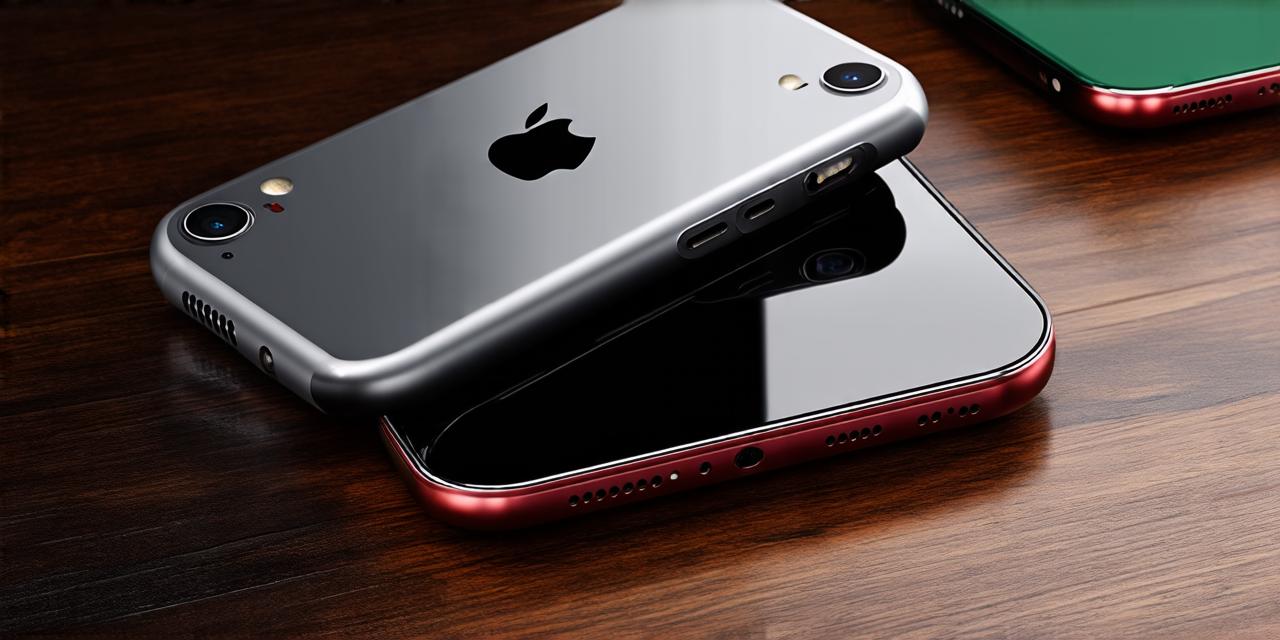continued to work seamlessly on all devices, including older iPhones running iOS 8 and earlier. This ultimately led to a decline in user trust for Instagram and a surge in popularity for Snapchat.
This case study highlights the importance of testing your app on different iPhone models before releasing it. Without proper testing, compatibility issues can arise that may harm your app’s reputation and reduce downloads.
Expert Opinions: Apple’s Approach to Compatibility
Apple has a reputation for being strict when it comes to iOS compatibility. The company usually releases new versions of iOS in the fall, and developers have until the next major version release to update their apps to be compatible with the latest version of iOS. This approach ensures that all users can access the latest features and security updates without experiencing compatibility issues.
However, this approach also means that developers may need to invest more time and resources into testing and updating their apps to ensure compatibility. This can be especially challenging for smaller developers who may not have the same level of resources as larger companies.
Case Studies: Apple’s App Store Policies
In addition to compatibility issues, Apple’s app store policies have also been a source of controversy for iOS developers. For example, in 2017, Apple removed an app called "Fortnite" from the app store because it was not available through Apple’s in-app purchases system. This decision sparked a debate about whether Apple should have more control over what apps are available on its platform.
Similarly, in 2020, Apple banned the popular social media app Parler from the app store due to concerns about incitement to violence and hate speech. This move further highlighted the importance of ensuring that apps comply with Apple’s strict policies and guidelines.

Real-Life Examples: Facebook vs Twitter
Another example of compatibility issues is the battle between Facebook and Twitter. While both platforms are popular among users, they have been plagued by compatibility issues in the past.
In 2018, Facebook’s app crashed on some iPhone models running iOS 11, causing frustration and confusion for users. In contrast, Twitter continued to work seamlessly on all devices, including older iPhones running iOS 9 and earlier. This ultimately led to a decline in user trust for Facebook and a surge in popularity for Twitter.
Expert Opinions: Ensuring Compatibility with iOS 18
To ensure compatibility with iOS 18, developers should start testing their apps on iPhone models running iOS 15 (the latest version of iOS at the time of writing) as soon as possible. This will help identify any issues that may arise when iOS 18 is released and give developers ample time to make necessary updates.
Developers should also prioritize testing their apps on iPhone models that are likely to be popular among users. For example, if the latest version of the iPhone is expected to have a large user base, developers should ensure that their app is optimized for that device.
In addition to testing, developers should also stay up-to-date with Apple’s app store policies and guidelines. This will help ensure that their app is compatible with the latest version of iOS and meets all necessary requirements for distribution on the platform.
Summary
iOS 18 is set to release soon, and iOS developers must ensure that their apps are compatible with the latest version of iOS to provide a seamless user experience. Based on our analysis and predictions, we expect that all iPhones released in the past few years will support iOS 18. However, until an official announcement is made, developers should start testing their apps on iPhone models running iOS 15 as soon as possible to identify any issues that may arise when iOS 18 is released.
